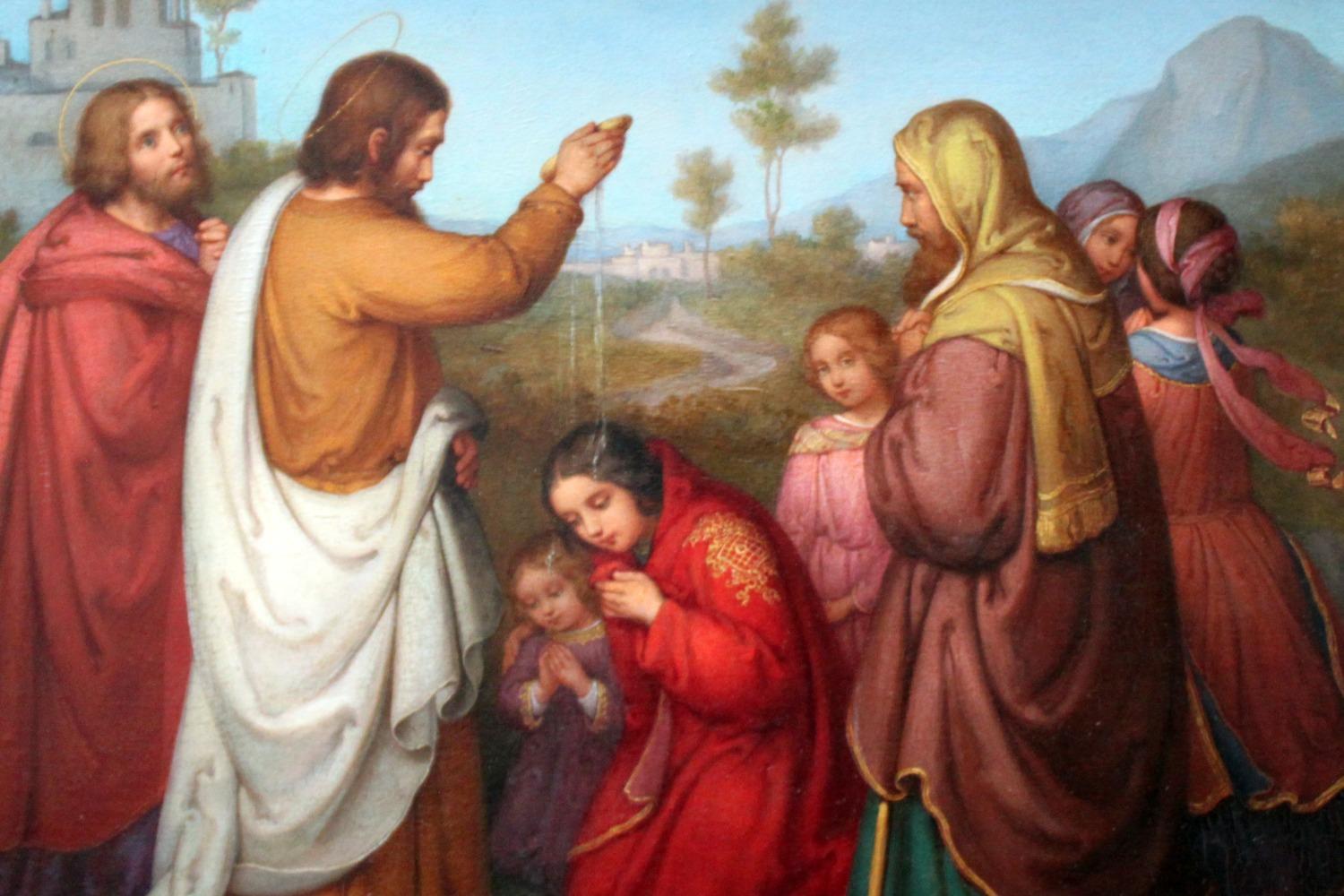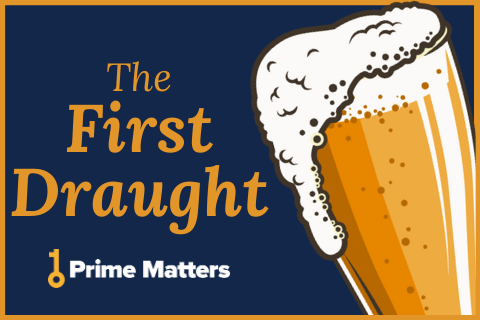
In Acts 16, St. Paul is preaching in modern-day Turkey when he has a vision: “a man of Macedonia was standing beseeching him and saying, ‘Come over to Macedonia and help us’” (verses 9-10). Paul and his companions concluded that the vision was a sign from God, and they departed for Macedonia, which is in the north of modern-day Greece.
Having crossed the briny wine-dark sea into Neapolis, the ragtag band of missionaries journeyed on to the Roman settlement of Philippi. As Philippi apparently lacked the Jewish population necessary to construct a synagogue, Paul and his companions sought out a place of prayer by the river. It was there that they encountered and spoke with a small group of women. Of this group, a woman named Lydia stood out: “The Lord had opened her heart to listen to what was said by Paul” (Acts 16:14).
Lydia, who traded in purple cloth, was a God fearing woman, which could mean either a righteous Gentile or one of the “God-fearers,” Gentiles who were attracted to the Jewish religion. She heard Paul’s message and was soon baptized, along with the rest of her household. Lydia’s baptism was the first on the European continent. Today, a Greek Orthodox baptistery stands over the site of her baptism, which by all accounts is the historically accurate location of the baptism that occurred almost 2,000 years ago.
This advent of the Christian movement in Europe reveals many things. It is spread by word of mouth to ordinary people of every nation, and places women on an equal footing with men to make their own decisions regarding their faith. As we can see with the benefit of hindsight, Christianity would spread throughout the Roman Empire and all of Europe, shaping the civilization of that continent. According to historical consensus, by the time of Diocletian’s intense persecution of Christians at the turn of the fourth century (and just before Constantine’s legalization of Christianity throughout the empire), Christians already made up around ten percent of the empire.
As we contemplate the change of age that Europe is undergoing with regards to faith, we recall these ordinary ancestors who brought us to encounter Christ and passed down through generations the Good News. In terms of statistics, organizations, institutions, and influence, that early Church was not impressive. Nevertheless, the authenticity and boldness—all guided by the Spirit and God’s Providence—shook the world to its core, through the hearts and words of individual believers. This dusty old roadmap is now clearly becoming our own mission today, even as the true results are hidden from our earthly eyes.

The First Draught
To receive the Weekly Update in your inbox every week, along with our weekly Lectio Brevis providing insights into upcoming Mass readings, subscribe to The First Draught.